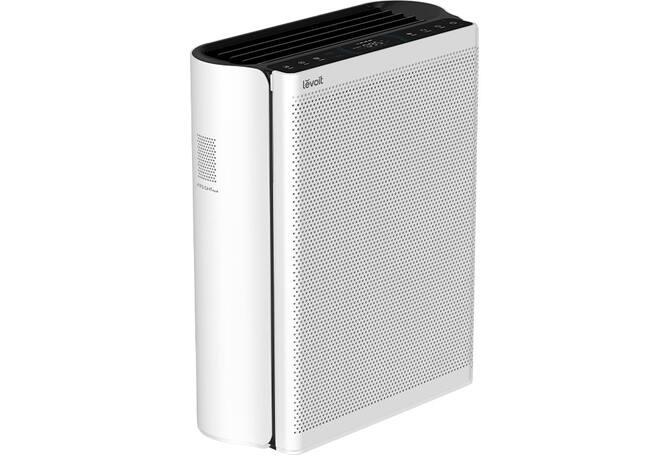Understanding the Power of HEPA Filters: Your Guide to Cleaner Air

carousel
What is a HEPA filter?
The HEPA filter rating.
To help consumers identify efficiency and determine the best HEPA filter for their needs, a rating system is used. True HEPA filters capture 99.97% of particles 0.3 micrometers in size, making them highly effective in purifying the air in your home.See Disclosure 1
When choosing the best air purification system for your home, it's crucial to opt for true HEPA filters if you seek the highest level of air purification for home use or otherwise.
HEPA filters in air purifiers.
Choosing the best air purifiers with HEPA filters.
Now that you understand what a HEPA filter is and how it works, let's explore some of the key considerations to keep in mind when selecting the best HEPA filter air purifier for your specific needs:
- Room size. The size of the room or space you want to purify should dictate the capacity of the air purifier you choose. Most air purifiers indicate their recommended room size in square feet, so be sure to match it with your needs for optimal performance.
- Noise level. Some air purifiers can be quite noisy, which might be disruptive in bedrooms or quiet spaces. Look for models with adjustable fan speeds or a "quiet mode" if noise is a concern for you.
- Filtration stages. While HEPA filters are incredibly effective, some air purifiers also incorporate additional filtration stages, such as activated carbon filters for odor removal or UV-C technology for germ and bacteria elimination. Consider whether you have specific concerns beyond particle filtration.
- Filter replacement. Regular maintenance is essential to ensure your air filter continues to work effectively. Check the cost and availability of replacement HEPA filters for the model you're considering. Some filters need to be replaced more frequently than others, so factor this into your long-term costs.
- Energy efficiency. Air purifiers can run continuously, so it's wise to choose an energy-efficient model to keep operating costs down. Look for ENERGY STAR certified air purifiers that meet energy efficiency standards.
- Allergen specificity. Some purifiers are designed with a focus on specific allergens or pollutants, such as pet dander or smoke. The best air purifier for allergies will target these and remove them before they reach you.
- Features and control. Some air purifiers come with remote controls, smartphone apps or voice-activated features. Make sure the controls align with your preferences.
Targeting allergies and dust with HEPA air purifiers.
Portable HEPA air purifiers.
HEPA filters beyond air purifiers.
Enjoy the best possible indoor air quality with a room air purifier.
In the quest for cleaner, healthier indoor air, HEPA filters and HEPA-equipped devices play a pivotal role. From air purifiers to vacuum cleaners, these filters are your allies in the fight against allergens, dust and other airborne pollutants. By understanding what a HEPA filter is, its efficiency ratings and the best air purifiers available, you can make an informed decision to enhance your home's air quality. So, whether you're seeking the best air purifier for allergies or simply want a fresher living space, HEPA filters have got you covered, ensuring that you and your family breathe easier and live healthier lives.
Additional information: These statements and any information contained herein are intended for educational purposes only and are not meant to substitute for medical care or to prescribe treatment for any specific health condition. Carefully review product labels for instructions and important safety information and consider consulting with a health care professional regarding your use of health and wellness products.